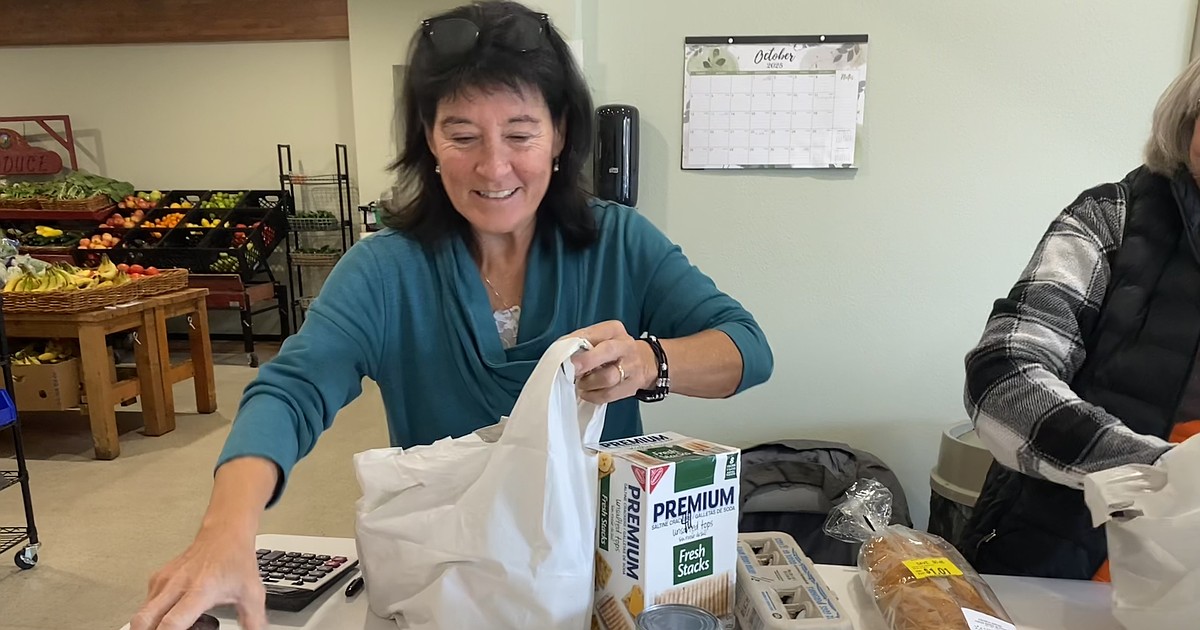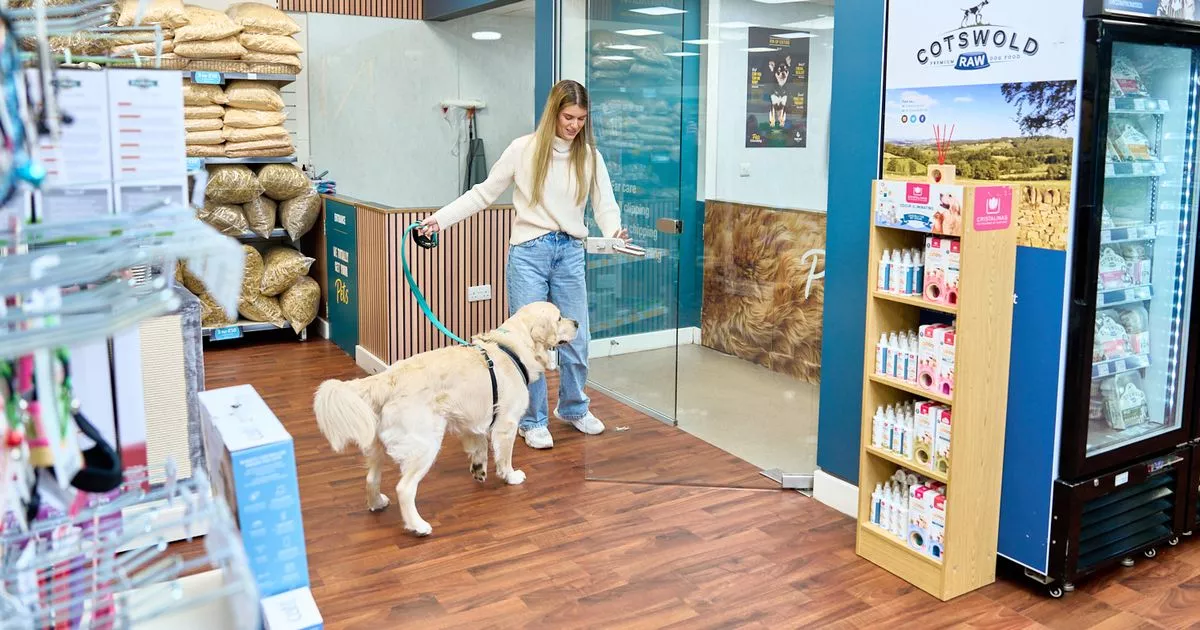Copyright Coeur d'Alene Press

When Gerri Pope received an Idaho Department of Health and Welfare letter in late October saying she wouldn't receive her SNAP benefits in November if the government shutdown continued, her heart sank. “I wish the powers that be here would come downtown here to see what it’s like here, what the voiceless poor people go through,” the Post Falls resident said. “Look after America and don’t pick a fight on people who can’t fend for themselves.” As an 80-year-old woman living in public housing, Pope is grateful to have the 3rd Avenue Marketplace close by when money is tight. "I come here for the fresh fruit and the vegetables and the eggs and cheese or butter. If I didn’t have it, I think I’d be more sick," Pope said. "This food bank saved my life and lots of people's lives." Two federal judges ruled Friday that President Donald Trump’s administration must continue to pay for the nation’s biggest food aid program, Supplemental Nutrition Assistance Program partially or fully by using money from the emergency reserve during the government shutdown, according to the Associated Press. The U.S. Department of Agriculture had planned to freeze SNAP payments beginning today because it said it could no longer provide funding due to the shutdown. After reports of the judges' rulings, officials were unable to determine how quickly the debit cards that beneficiaries use to buy groceries could be reloaded since it can take between one to two weeks to complete the process. Pope and her “passionate potato” boyfriend, Victor, have used benefits to get by as seniors. “I almost cry sometimes, they’re so good to me here. If we didn’t have this, I don’t know what we’d do,” Pope said. Many North Idaho residents like Pope served by food banks are on fixed incomes, work seasonal jobs or have families with children. Kimberly Spencer, Community Action Partnership community services manager, said about 80% of CAP's funding to provide these services comes from federal sources. “Many of the families we serve rely on these programs to put food on the table, and even a short disruption can have a major impact,” Spencer said. The agency is coordinating with area partners to ensure that no one faces hunger during this time of uncertainty. According to the Associated Press, Idaho currently has no plans in place to help residents in the gap period until SNAP and WIC programs are funded. "In the past week, we’ve already had people coming into our office expressing deep concern about what might happen," Spencer said. "Some are scared, and a few have even been in tears, worried about how they’ll feed their families if their benefits are interrupted." Needed items at the 3rd Avenue Marketplace: Canned tuna, canned meats (chicken, etc.), peanut butter, canned fruit, chili, soups, spaghetti sauce, breakfast bars, rice, ramen/cup of noodles, cereal, condiments, cooking oils, canned beans and toilet paper. Needed items at CAP: Baby and toddler-appropriate foods, formula and baby food, dry goods, boxed dinners, canned goods and breakfast items.



